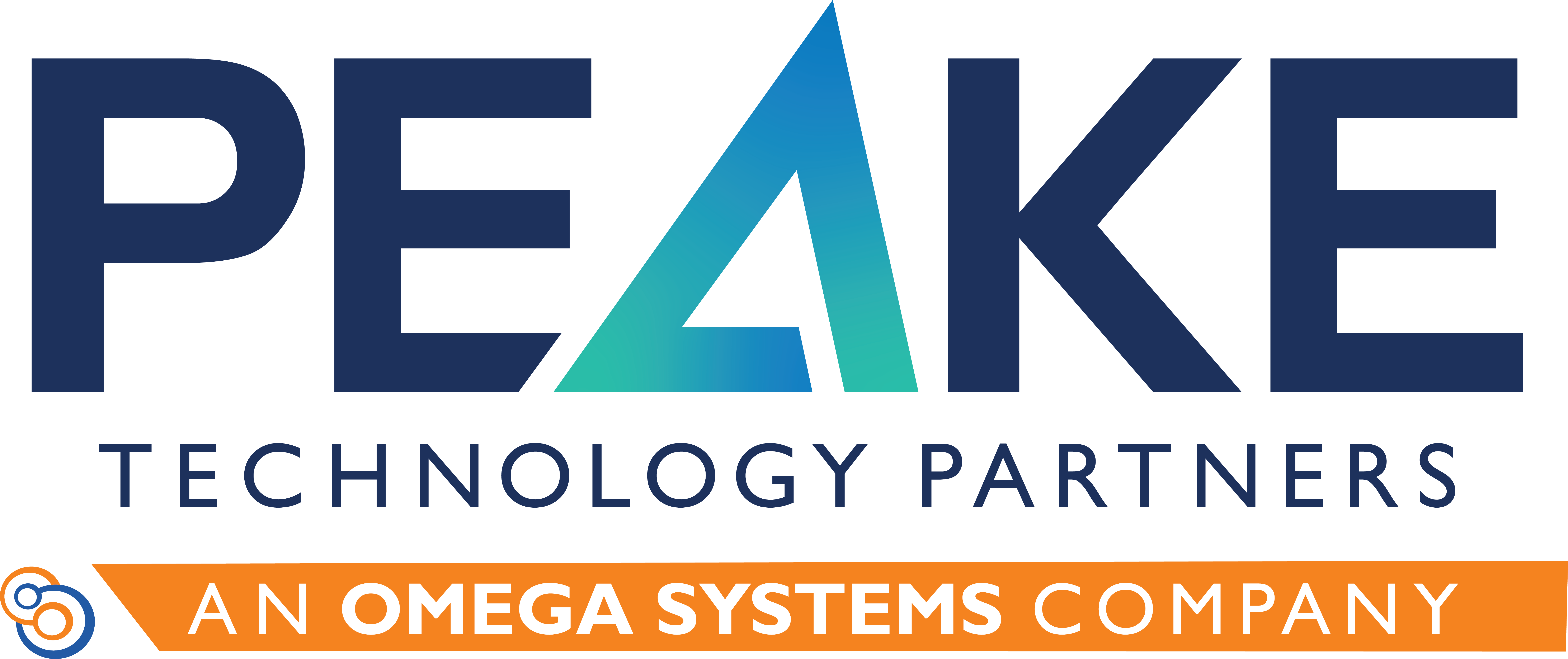Is your medical practice ready for the major HIPAA compliance changes on the horizon? If you've been taking a "check-the-box" approach to healthcare cybersecurity, it's time for a fundamental shift in your HIPAA security strategy.
The proposed updates to the HIPAA Security Rule represent the most significant changes to healthcare data protection requirements in years. These aren't just administrative adjustments—they're transforming how medical practices must safeguard electronic Protected Health Information (ePHI) and implement healthcare IT security measures.
The 3 Most Critical HIPAA Security Rule Changes for Medical Practices
1. All Implementation Specifications Become Mandatory
The era of "addressable" specifications is ending. Under the new HIPAA Security Rule, all implementation specifications will become mandatory, eliminating the flexibility many medical practices have relied on for their compliance strategy. This means every single security control will need to be implemented as specified—no exceptions, no alternatives.
2. Enhanced Risk Analysis Requirements
Basic security risk assessments will no longer meet HIPAA compliance standards. The new requirements demand comprehensive healthcare data protection planning including:
- Complete electronic medical record (EMR) system inventory
- Detailed network mapping showing ePHI flow
- Thorough threat and vulnerability analysis
- Documentation of all healthcare IT assets accessing patient data
3. Mandatory MFA and Encryption for Healthcare Data
Multi-factor authentication and encryption will be required for all systems accessing ePHI, both at rest and in transit. This applies to your entire healthcare IT infrastructure—from EMR and practice management systems to mobile devices your providers use for patient care documentation.
Why Medical Practices Should Prioritize HIPAA Compliance Now
Despite potential regulatory timeline shifts following the administration change, the direction is clear: healthcare cybersecurity requirements are becoming more stringent, not less.
Starting your HIPAA compliance preparation early provides three key benefits:
- Lower overall implementation costs by spreading work over time
- Immediate improvement in your practice's security posture
- Reduced risk of healthcare data breaches and HIPAA violations
Practical HIPAA Security Implementation Steps for Medical Practices
1. Update Your Healthcare IT Security Controls
Review your current HIPAA Security Rule implementation and begin addressing any gaps, particularly around encryption, MFA, audit logging, and asset management. This proactive healthcare cybersecurity approach will prevent compliance emergencies when the final rule is implemented.
2. Develop Your Medical Practice's Technology Asset Inventory
Work with your healthcare IT provider to deploy tools that automatically generate your practice's technology asset inventory and network map. Ensure documentation covers:
- All devices connecting to your medical practice network
- Where ePHI is stored throughout your healthcare IT infrastructure
- Third-party connections to your medical practice systems
- Cloud services handling patient healthcare data
3. Implement Healthcare-Specific Multi-Factor Authentication
MFA is one of the most effective HIPAA security controls available. Prioritize implementation for:
- Remote access to your medical practice network
- Electronic medical record (EMR) systems
- Practice management software
- Administrator accounts
Use healthcare-friendly MFA solutions like Microsoft Authenticator or Duo that minimize workflow disruption for your medical staff.
4. Deploy Comprehensive Healthcare Data Encryption
Essential encryption measures for HIPAA compliance include:
- Full disk encryption for all laptops and mobile devices used in your practice
- Email encryption for any communications containing patient information
- TLS enforcement for all ePHI transmission across your network
- Database and server encryption for EMR systems and healthcare data backups
5. Conduct a HIPAA-Compliant Security Risk Assessment
A comprehensive security risk assessment under the new HIPAA Security Rule should include:
- Complete inventory of all systems containing ePHI
- Network diagram showing patient data flow
- Analysis of common healthcare cybersecurity threats (ransomware, phishing)
- Identification of vulnerabilities in your medical practice systems
- Risk prioritization to guide your HIPAA compliance roadmap
6. Develop a Healthcare Data Breach Response Plan
Your HIPAA incident response plan should include:
- Clear roles for your medical practice staff during a security incident
- Detailed steps to contain and investigate potential healthcare data breaches
- Backup and restoration procedures for clinical and practice management systems
- HIPAA-compliant breach notification protocols
- Annual testing of your incident response procedures
7. Implement Medical Practice Cybersecurity Training
Your staff remains your most critical security asset:
- Provide annual HIPAA security awareness training
- Conduct regular phishing simulations targeting common healthcare scams
- Deliver monthly security reminders specific to medical practice operations
- Customize training for clinical, administrative, and technical staff roles
Top 3 HIPAA Compliance Priorities for Medical Practices
If you're wondering where to start your HIPAA Security Rule preparation, focus on these three critical steps:
- Deploy MFA on all systems containing patient health information
- Create a complete healthcare IT asset inventory and network diagram
- Schedule a comprehensive HIPAA security risk assessment aligned with the new requirements
Benefits Beyond HIPAA Compliance for Medical Practices
While HIPAA compliance is essential, these security improvements deliver significant operational benefits:
- Reduced risk of costly healthcare data breaches
- Enhanced patient trust in your medical practice
- Improved healthcare IT operations through better visibility and standardization
- Protection from ransomware and other healthcare cybersecurity threats
Partner with Healthcare IT Experts for HIPAA Compliance
Navigating these complex HIPAA Security Rule changes requires specialized expertise. Working with a healthcare IT provider who understands both HIPAA requirements and medical practice operations can save your practice significant time, money, and compliance headaches.
At PEAKE Technology Partners, we specialize in helping medical practices implement effective HIPAA security controls that protect patient data while enhancing practice efficiency. Our healthcare IT specialists can help you develop a practical roadmap to address these new HIPAA requirements without disrupting your clinical workflows.
Don't wait for regulatory deadlines to address these critical healthcare cybersecurity changes. Call us at (866) 357-3253, use our contact form, or schedule a conversation to learn how we can help your medical practice prepare for the future of HIPAA compliance.
RELATED READING



